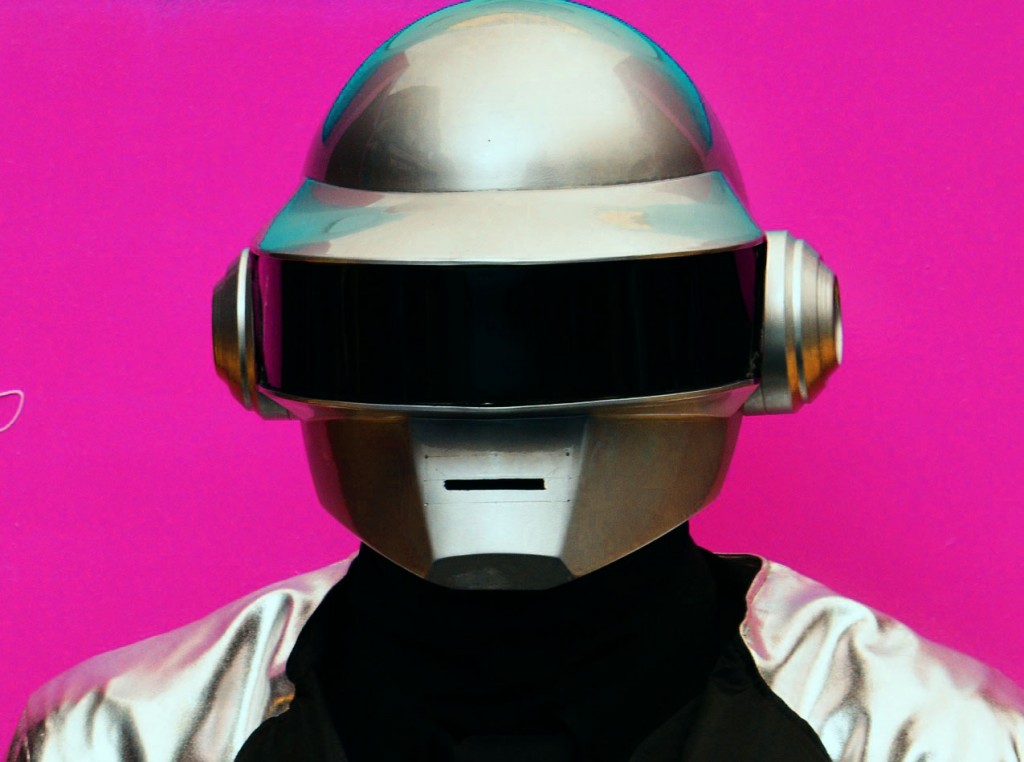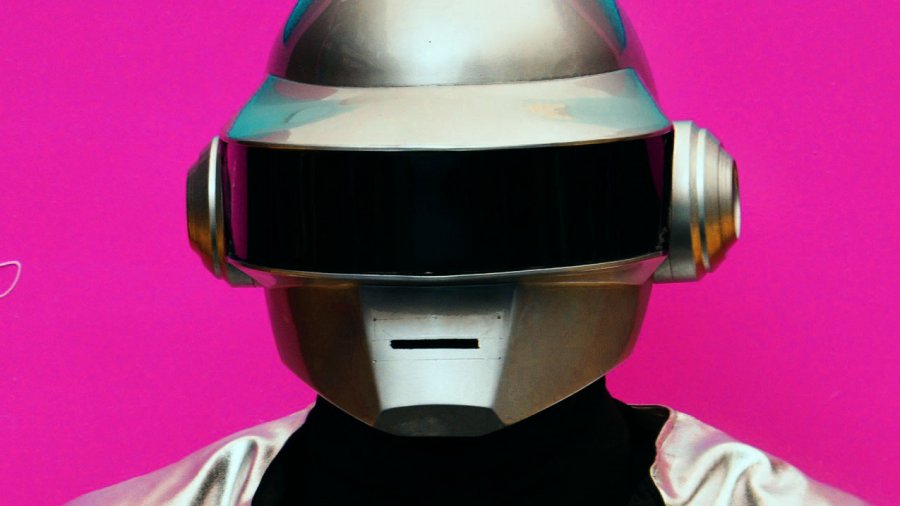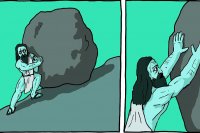Last night was a pleasantly cool evening, so I decided to open up the window and let a breeze roll into my apartment before I went to bed, instead of blasting the air conditioner as I usually do.
As I laid there, I began to notice the sound of the crickets chirping. I then began to inspect the intriguing patterns of light cast on my ceiling by the street lights below. I focused on my breathing and listened to the whirring of my refrigerator. I felt the wind flowing over my body as it rushed through the window screen. It was so calming that I was asleep in minutes.
When I woke up the next day, I realized that the night before had been the first time I’d practiced mindfulness in a long while. I dabbled in meditation in college, and it always helped with stress and generally made me feel more aware. But when I was in college, I had plenty of free time to decompress on my own without meditation. When you have a lot of free time (or at least the freedom to structure your own working hours), it’s mostly pretty easy to stay mindful. Even just simple variation of your experience can be enough to keep you aware. It’s a completely different story when you’re a 9-to-5 white-collar worker.

Ever since I started my new job, I’ve noticed myself constantly falling into a kind of “work consciousness,” in which it becomes increasingly difficult to escape my thoughts. In this state, it feels like I’m trapped in my own head. Whatever work-related task I happen to be thinking about at the moment dominates my consciousness. I can feel a deep tension in my temples (though this may just be eye strain from staring at a computer screen all day). Any time I try to move my eyes somewhere new, they almost immediately fall out of focus as my consciousness returns to my thoughts.
It’s almost as if this mode of consciousness is structured to capture small snippets of visual and auditory information and then quickly apply that information to mental tasks. When I get into this state, I’ve noticed that huge chunks of my day seem to go by without my noticing. I’ll even phase out while I’m driving home, passing by miles of highway without any memory of them. When I get home, I have to do something like go for a run or cook a nice meal to get out of my head. If I just plop down and turn on a TV show (which, let’s be honest, we all need to do sometimes), I can go an entire day without ever really being aware of my experience, instead just constantly thinking, thinking, thinking…
In case you didn’t notice, I absolutely despise being in this state of consciousness. It makes time go by faster than it should. It makes me less present than I should be in my relationships with other people. It makes me less motivated to pursue my hobbies of hiking, playing guitar, and reading philosophy. Most disturbingly, it makes me feel like I’m not really alive and experiencing all of the wonderful sights, sounds, smells, tastes, emotions, and feelings that life has to offer. In this state, I become a kind of drone programmed to efficiently carry out certain kinds of tasks (like making Excel spreadsheets, driving, and watching TV) at the expense of genuine human experience.
Drone Consciousness
I call this conscious state “drone consciousness.” Essentially, this state is the opposite of mindfulness. In the mindful state, you actively contemplate the present moment by engaging with stimuli. You observe the rising and falling of your breath. You try to interact with your environment by being aware of it. Most importantly, you try to empty your mind of thoughts. Of course, only those extremely well practiced in meditation are successful at not thinking for long periods of time. After all, most of us have been conditioned from birth to interact with the world through language and thought. But even just seconds or minutes of thoughtlessness can do wonders for our own sanity and can also teach us to be more aware of our own experience. As Jordan once wrote here, “Mindfulness is a practice that allows you to be content and alive in the present moment.”
The drone-conscious state is very different. Instead of being aware of your surroundings, you become completely focused on one task. Your breathing and the sounds around you are of no concern; they disappear completely. As I mentioned before, sometimes even your eyes become completely unfocused as you switch to mental processing. Seconds, minutes, hours disappear as you are absorbed completely in a swirling torrent of thought. You naturally start to forget about things that are outside of your primary focus, like tending to your relationship or doing the dishes. Whatever it is your thoughts are focused on finishing, be it work or the next season of Grey’s Anatomy, becomes your only concern. In this state you forget to engage with the world and, in the process, you become a machine for processing information instead of a human being. You become a drone.
Now, I don’t want to confuse drone consciousness with another mental state characterized by focused activity: flow. As Jordan explains, flow states are a kind of “total immersion in the task of the present moment with a spirit of playfulness.” This may sound somewhat like what I’ve described, but there are distinct differences. In flow states, there is an element of active creativity and of playful engagement. Furthermore, flow states arise when one’s skills and/or creativity are challenged, and one finds enjoyment in pushing one’s limits. When I think of flow states, I think of the kind of mental state a surfer gets into when he catches a wave, or a guitarist as he plays a live show. In this state, one doesn’t think about the activity, one just does, yet one enjoys exercising one’s skill or creativity. In a drone-conscious state, on the other hand, one is neither challenged nor enjoying, and one’s thoughts flit by—almost unconscious—quickly and constantly. And while it is true that both states can feature a singular focus, drone-conscious focus is a kind of passive, autopilot focus. If anything, flow states are closer to mindful states than they are to drone-conscious states.
So why have I given you this abstruse phenomenological study of my conscious states over the last few weeks? I must confess a fear I have—one that might make me sound like one of those conspiracy theory nutheads—but bear with me. I am intensely afraid that modern-day society is programming us all to be drones. The flood of information unleashed by the Internet, combined with jobs that require us to process more and more information, are constantly pushing us toward drone-conscious states. Our minds are constantly absorbing more and more information, translating it through thought, and spitting it back out again. The only problem is that the inflow is greater than the outflow. Our minds are like an overflowing funnel. They get the job done but they leave a huge mess in the process. That mess is our loss of genuine engagement with the world and with others. Is it any wonder that we refuse to save a dying world when we can hardly make time to actually be in it? Is it any wonder that our relationships with our friends and loved ones are so strained when all we have the energy to do after a long day of crunching numbers is passively absorb more information from our pixel-machines? I worry that in spite of the power of the Internet to bring us together, it will ultimately tear us apart by altering our mode of thinking to the point where our only concern is endless information consumption.
Of course, I’m not saying that we need to stop using the Internet or television completely. In small doses, these tools can be extremely powerful. But if we don’t take the time to experience the world for what it is, to be aware of our surroundings, to be actively creative, inquisitive, and playful, and to calm the ever-flowing waters that are our thoughts, then all of our potential as human beings is lost. We are such complex and beautiful creatures. We have the capacity for emotions that thousands of years of study will never understand. We have the ability to make deep and meaningful connections with one another. Most importantly, we are capable of experiencing the sublime, of feeling ourselves to be a part of something inexplicable. To live our lives as glorified calculators is a tragedy beyond words.
Follow us on Facebook and Twitter for more philosophical nourishment.





absolutely awesome post, nick. so damn necessary. thanks so much for submitting it.
“I am intensely afraid that modern-day society is programming us all to be drones.” You’re not a conspiracy nut-job for saying this. This whole idea that questioning current social or economic paradigms makes you a nutjob has got to go, it’s exactly the kind of fear-block that plays into our desire to fit-in, and as such is very dangerous, potentially interrupting very important conversations about things that ought to change. I’m glad you brought this up. It is most definitely a necessary conversation to have, and one that people would benefit from having. It comes down to, in my view,… Read more »
Lay is the past tense of lie. You lay in bed. Laid in bed is a much more active experience ;).
Hi Nick, I have been reading Refinethemind for a while now but finally decided to contribute in the comment section because the beautiful philosophies and well written essays encourage me daily and help me process my own thoughts and feelings. All summer I’ve been in a state of drone consciousness. I just did not feel connected to my environment and was always focused on tasks on hand to the point that I didn’t notice a lot around me. Not the sounds, trees and sometimes not even the people and what they were going through. I did figure it out this… Read more »
Nick, I loved your article. And all this time I thought I was alone. Grateful that I finally found this website. It is what I have been searching for…